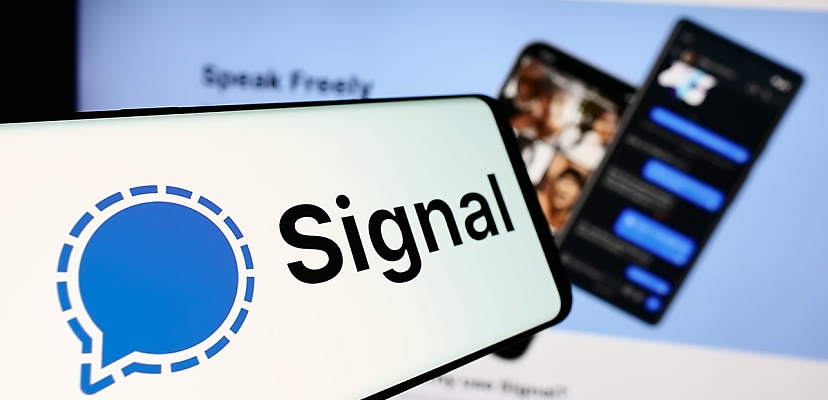Share this article on:
Powered by MOMENTUMMEDIA
Breaking news and updates daily.
Downloads of secure messaging app Signal have soared following the Trump administration’s Yemen bombing leak.

Earlier this month, senior national security staff for the Trump administration, including Vice President JD Vance, US Secretary of State Marco Rubio, US Secretary of Defence Pete Hegseth and national security adviser Mike Waltz, accidentally leaked details of US military strikes on Yemen days before they were to occur after adding a journalist to a private Signal chat.
The editor-in-chief of The Atlantic, Jeffrey Goldberg, said he was sent a connection request by a user going by “Michael Waltz”, who then added him to a group chat called the “Houthi PC small group” where details of the strikes were discussed.
Following the news of the leak, which was of no fault of Signal but that of the group chat members, Signal downloads increased dramatically. According to app intelligence firm Appfigures, Signal’s daily average downloads worldwide increased by 28 per cent on the Apple App and Google Play stores.
The US and Yemen saw the largest increase at 45 per cent and 42 per cent, respectively. This pushed Signal to the number nine spot in top social media apps on Monday, all the way up from the number 50 spot.
The leak has been highlighted as a major security concern, with lawyers concluding that Waltz may have violated the Espionage Act through the use of Signal for planning a national security-related action.
National security lawyers speaking with Goldberg said that US officials should not be creating Signal threats at all and that national security matters should be discussed in a sensitive compartmented information facility, or SCIF, something most high-ranking national security officials have in their own homes. The only alternative would be to use government equipment for communication.
Additionally, Goldberg noted that SCIFs do not allow mobile phones, suggesting the operation was discussed in a public space.
“Had they lost their phones, or had they been stolen, the potential risk to national security would have been severe,” Goldberg said.
Furthermore, Goldberg noted that the messages were set to disappear after either a week or four weeks, which may be a violation of federal records law as communications about official acts are required to be preserved.

Be the first to hear the latest developments in the cyber industry.